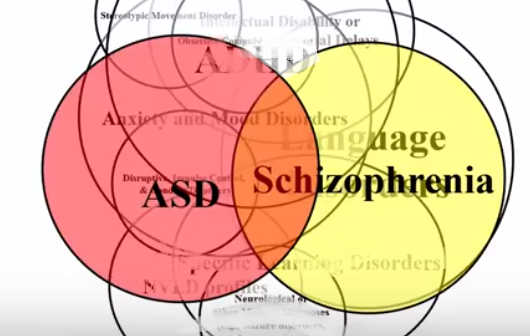I denna studie undersöktes om schizofreni och Autismspektrumtillstånd (ASD) kunde visa olika psykologiska profiler i Rorschach. Betydande skillnader uppmättes för individer med schizofreni och ASD på sex Rorschachvariabler. Sammanfattningsvis kan dessa visa att patienter med ASD är mer sårbara för stressfaktorer och mer benägna att bli förvirrade än patienter med schizofreni. Patienter med schizofreni visade starkare perceptuella förvrängningar, sämre perceptuellt igenkännande samt mindre positiva och aktiva attityder till mellanmänskliga relationer än patienter med ASD. Sammantaget tyder resultaten på att psykopatologiska skillnader mellan schizofreni och ASD kan upptäckas i Rorschach, oavsett nuvarande symtombild.
Abstract
The differential diagnosis of schizophrenia (SZ) versus autism spectrum disorder (ASD) can be clinically challenging because accumulating evidence suggests both clinical and biological overlaps between them. The aim of this study was to compare Rorschach profiles between young adults with SZ and those with ASD.
We evaluated quantitative tendencies on the Rorschach test among 20 patients diagnosed with SZ and 20 diagnosed with ASD. Both groups were matched for age, sex, and intelligence quotient.
We found significant differences in six response variables on the Rorschach comprehensive system. Those with SZ had significantly higher scores on D score, adjusted D score (Adj D), developmental quality code reflecting ordinary response (DQo), and form quality minus (FQ −) than those with ASD. In contrast, those with SZ had significantly lower scores on the active and developmental quality code reflecting synthesized response (DQ+) subscales than those with ASD.
The present findings reveal that individuals with SZ might have more stress tolerance, stronger perception distortions, and simpler and poorer recognition than those with ASD. We suggest that the Rorschach test might be a useful tool for differentiating between SZ and ASD.

